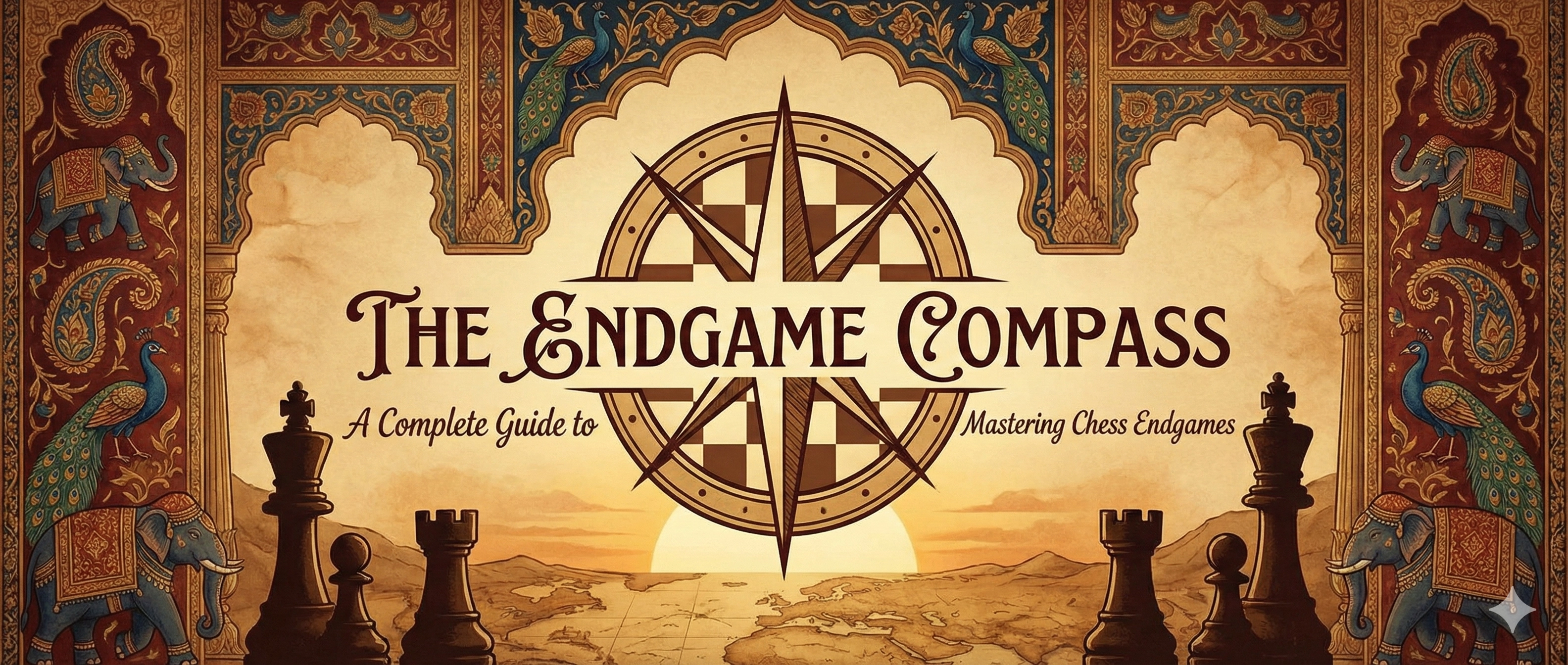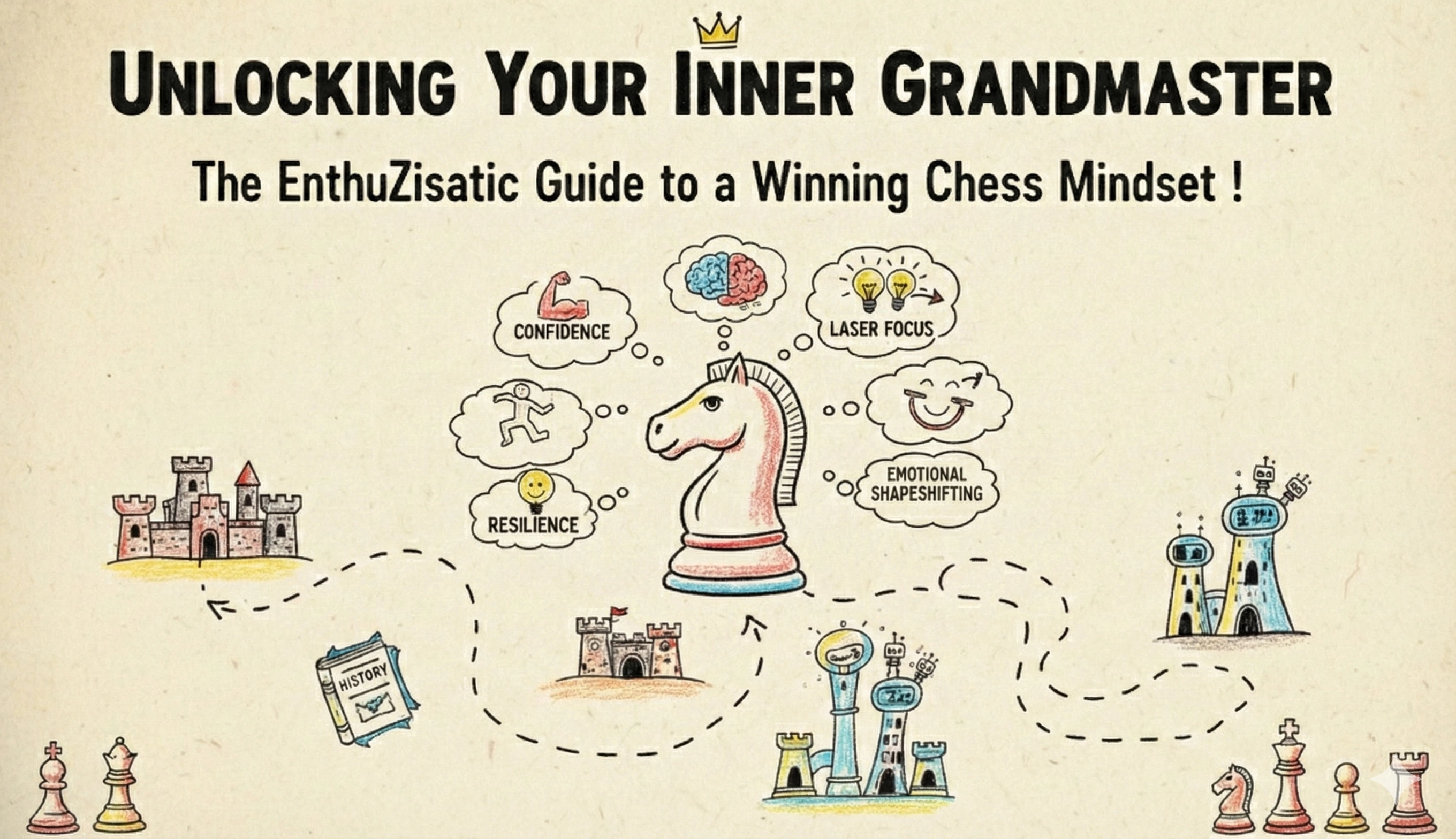If you are in high school and anxious about whether AP is harder than college, this read is for you. There is no denying the fact that your GPA, dual enrollment courses, and AP scores measure your academic strength.
Your academic rigor makes it easy for college admission officers to determine whether your performance would fit into the college criteria. A year invested in AP classes gives you firsthand experience with highly stimulating courses.
It also shows that you can learn quickly and take up challenges that later translate into your academics during college. But is it true that the most disciplined AP classes are the most challenging ones? Is AP harder than college? Let's find out!
Is AP Harder Than College?

AP courses are standardized, while college classes are not. An AP class follows the syllabus the college board gives, whereas, in college, the professor decides what they wish to teach and how.
AP classes happen daily, whereas college classes happen twice or thrice weekly. The subjects you learn in college classes vary daily. But with AP classes, the subject remains the same for the entire year. Your teachers in AP classes always remind you that "college life will be this way" or "there will be a lot of assignment work in college."
They say so to keep you disciplined and groom you well for college-level studies. Whereas in college, at the freshman and sophomore levels, you get a project or assignment once in a while. You get a lot of time to finish the work as classes are not daily like AP classes.
Although AP classes seem far stricter, they give freedom in assignments and homework compared to regular classes in high schools. Taking advanced placement classes is an excellent idea to get into the top Ivy League Schools or any selective university.
But due to these apprehensions and experiences I mentioned above, many students are hesitant to enroll in AP classes. But then you will also find students who have found AP classes easier than college. Because after the freshman level, the college levels became more arduous as they moved further.
The answer to the question "Is AP harder than college" is very subjective. It depends entirely on which subject you choose for AP and to which college you get admission.
Apart from this, various other factors speak about the difficulty levels of AP classes vs. College classes and vice versa. Here are a few of them:
1. It Depends on the Subject
According to the National Center for Education Statistics (NCES), 1 in 10 students changes their major within three years of college enrollment.
Why does this happen? The choice of college major largely determines the difficulty of your coursework. Many students initially pick STEM majors after high school, but the rigorous and cumulative nature of these subjects often leads them to switch to non-STEM fields like arts, finance, psychology, or hospitality management.
Even students who took AP STEM courses in high school may find the workload challenging, prompting them to shift their focus to subjects that better match their interests and strengths.
2. The Time you Spend Studying
Varies in AP and College Classes The AP class structure is such that students do most homework during class hours. You will spend more time doing assignments in class, reading, and clearing doubts from your teachers.

Because in AP, there is a certain degree of supervision of teachers, which is not so in college. On the other hand, in a college class, you will spend less time in classes. A typical college semester has approximately 15 hours of class time; the rest is for homework.
AP in-class sessions are rigorous, whereas college homework and other assignments demand more time. In both cases, time for self-study and time you spend on your classes vary.
The workload is also more in both cases, from time to time. So, it entirely depends on how you manage your studies, making it a tough choice or a smooth sail!
3. Classes Are More Demanding
Higher Levels of College First-year classes fall under the 100-level college classes category, which is the course numbering system. Other levels follow the system as the course progresses.
As per the course numbering system, the 100-200 level is equivalent to the entire year of the AP course. So, it becomes easy to clear the introductory level in college. The real struggle starts after this.
As the college course enters the advanced level, whatever you have learned in AP becomes your base, and you get to know newer concepts and more profound knowledge.
It may seem a regular thing, but at the college level, the syllabus is vast, and there is no differentiation between in-syllabus and out-of-syllabus. From here, the battle gets more challenging. You have to be more dedicated to your studies.
4. College and AP Tests Weigh Differently

Both exams are 2-3 hours long, but the types of questions differ. In AP, the first half is about multiple-choice questions. The second half is free-response questions.
In college, the cumulative exams are multiple-choice, short-answer questions, and short and long essays. If you see the structure of the exams, college exams weigh more than AP exams after a point.
The variety of questions in college exams requires thorough study and preparation. It does not mean that the preparation for AP is less, but the type of college exams makes it harder.
Check out EnthuZiastic AP Courses to learn with the best teachers.
5. It Depends on How you Manage your Time
When preparing for an exam or taking a course, it is always a good idea to have a schedule and follow it to the core. Cramping up the work and then running around to finish everything together will land you in chaos.
Here what differs between AP and college is when you are in college, you divide your day into part-time jobs, household chores, groceries, and other necessities. With all this in place, managing your time is the key.
In AP class, your schedule is taken care of by your mentors and guides, plus you do not have additional work like managing the household chores or job, etc. If you lose track of time, your classes will get harder.
6. You Have a More Sound
Support System in College than in AP Classes

Does it mean that the AP course teachers are not supportive? No, it's not like that. Here the support factor attributes to help from technical assistants, access to the college library, free wifi, and computers.
You can make good use of them while in college. However, in AP courses, the guidance and support are for a minimal time, more during class hours. After that, you are very much on your own.


Conclusion
Honestly, when it comes to studying, there is no easy way. What you need to take into account is your interest and passion for a subject. To succeed in the future, weighing down both AP and college classes is essential.
It gives you clarity about how to approach AP classes as well as college classes. It also makes your life easy as a student. You can plan and try to create your schedule accordingly. Whether it's advanced placement or college, the ultimate purpose is to explore and expand your knowledge.
Knowledge will, in turn, strengthen your ability. Your ability would make you stand out from the crowd at every juncture of your career. What may seem harder for now, will look doable in the future. That's how the learning cycle works!
FAQs
1. Why is AP harder than college?
There is no straight answer to this. There are several factors, not just one. Even after talking about the rigorous college classes, I would say that AP classes are equally challenging. Because you focus on one subject and try to comprehend an issue equivalent to undergrad. Also, your teachers are knowledgeable, but their training is limited to the school level and may be inadequate for college-level teaching. Sometimes you are unsure about the answers they give you because it is at the high school level and not at the college level.
2. Are AP exams to college exams?
Till a certain level, yes. Beyond that, both exams are different. Till 100-level in college, the exams are in the same format as AP, the multiple choice questions. Higher levels, like 200 or 300, have a question-and-answer structure for the exams.
3. Why should you take AP exams?
All that said, it's essential to remind yourself about a few benefits of AP exams. These are the college credits you earn from AP classes, the access you get to scholarship programs, and you finish your college year on a higher note.
4. Which are the 3 easiest AP courses?
AP Psychology, AP Environmental Science, and AP Comparative Government and Politics are the easiest AP courses of all.
5. Which are the most difficult AP classes?
The most difficult AP classes are AP U.S. History, AP Chemistry, and AP Physics.







Comments